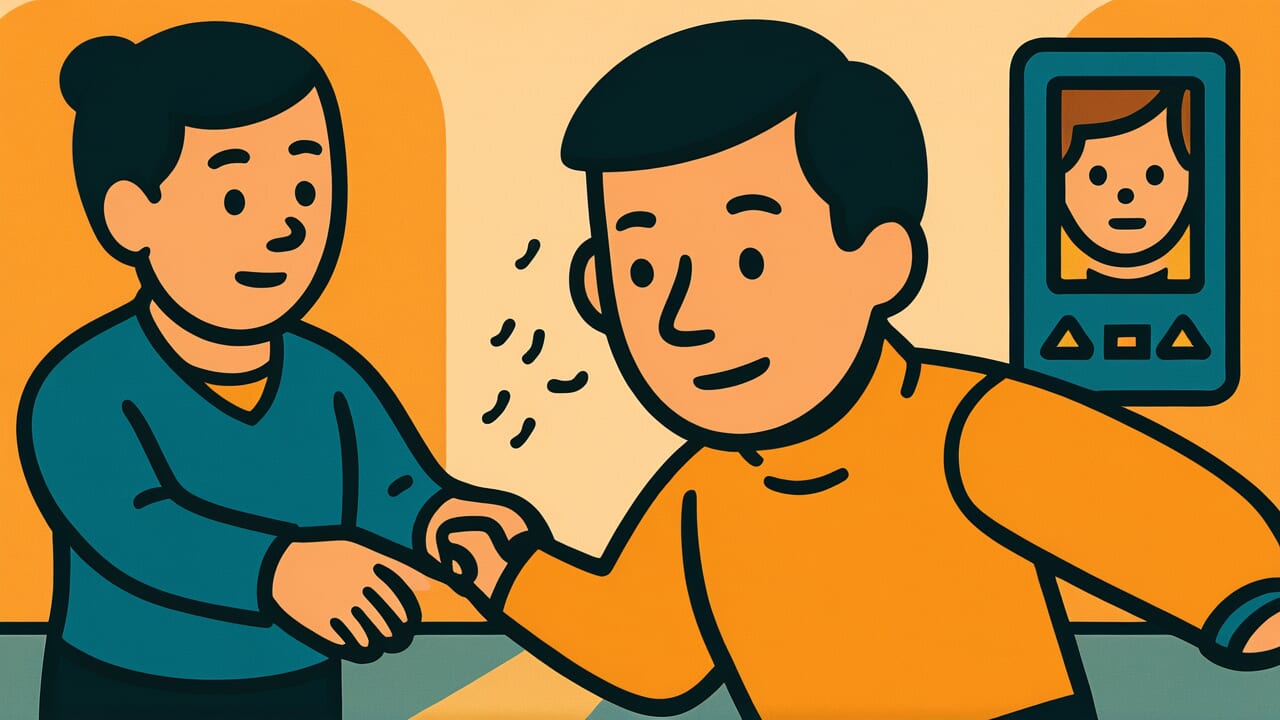How to Read “The opponent changes, but the master stays the same”
Aite kawaredo nushi kawarazu
Meaning of “The opponent changes, but the master stays the same”
This proverb means that even when the people around you change, your true self stays the same. Your basic personality and values don’t change just because you meet new people.
People use this saying when someone acts the same way in a new place or with new people. In a good way, it praises people who stay honest and consistent with everyone they meet.
But it can also point out when someone keeps bad habits even after changing schools or jobs.
Today, people change jobs, schools, and homes more often than before. This proverb reminds us that who we really are doesn’t change, even when everything around us does.
Origin and Etymology
We don’t have clear records of when this proverb first appeared. But we can learn interesting things by looking at the words themselves.
Let’s look at the word “master” (nushi). Today it usually means “owner” or “master of something.” But long ago, it also meant “yourself” or “the person in question.”
So “master” here doesn’t mean a boss or owner. It means “the core of who you are.”
The first part, “the opponent changes,” talks about changes in relationships and situations. Throughout life, we meet new people, say goodbye to others, and move to new places.
But even with all these outside changes, “the master stays the same.” Your essential self doesn’t change. This contrast is the heart of the proverb.
During the Edo period, merchants may have used this saying to stress staying honest with all customers. It also connects to samurai values about keeping your beliefs strong in any situation.
The proverb reflects Japanese values that have been important for centuries: consistency and honesty.
Usage Examples
- He’s still late all the time at his new company. The opponent changes, but the master stays the same!
- She made friends quickly at her new school. The opponent changes, but the master stays the same—she’s still great with people.
Universal Wisdom
“The opponent changes, but the master stays the same” teaches us something deep about human nature. Throughout life, we meet countless people and say goodbye to many others.
Schools change, jobs change, and homes change. But through all these outside changes, the core of who we are stays surprisingly the same.
Why did people create this proverb and keep sharing it? Because our ancestors were sharp observers of human behavior. They knew that while surroundings can change us, something essential about each person remains constant.
This consistency shows up in both good and bad ways. Honest people stay honest wherever they go. Lazy people tend to stay lazy in new places too.
This shows that personality and values aren’t just surface-level things. They’re deeply rooted in who we are.
Our ancestors understood that this unchanging core is a person’s true self. That’s why this proverb teaches us to judge people by their consistent behavior across different situations, not just by how they act once.
When AI Hears This
In Bayesian statistics, there’s a system for updating your beliefs when you get new information. When you start a new job, new relationships bring “new data.”
But the final result is always strongly influenced by your “prior distribution”—your past experiences and personality patterns.
Here’s something interesting: the stronger your prior distribution, the weaker the impact of new data. This is a mathematical property.
If you’ve repeated the same pattern in 10 past relationships, even if the 11th person is completely different, your behavior pattern will barely change. This isn’t about emotions—it’s about probability calculations.
Even more surprising is “sample size asymmetry.” You have years or decades of data about yourself. But your relationship with a new person might only be a few months old.
In Bayesian calculations, the side with more data dominates the result. Mathematically speaking, the probability that you’ll determine the relationship pattern is structurally higher than the probability that a new person will change you.
This proverb recognized through experience that the “master’s” influence in relationships is a statistical necessity.
Lessons for Today
This proverb teaches modern people the importance of facing their true selves. We often expect that changing our environment will change everything. But the truth is, our inner challenges follow us wherever we go.
This isn’t a sad lesson. It’s actually positive! If you really want to change, you need to look inside yourself instead of blaming your surroundings.
When changing jobs or moving doesn’t solve your problems, that’s a chance to face yourself honestly.
At the same time, this proverb teaches the value of good consistency. Being honest with everyone you meet matters. Keeping your beliefs strong in any situation matters.
It reminds us how important it is to have a solid core that doesn’t shake.
Modern society changes fast, and we need to be flexible. But that doesn’t mean we should change everything. Knowing what to change and what to keep the same—that’s the real question this proverb asks us.



Comments